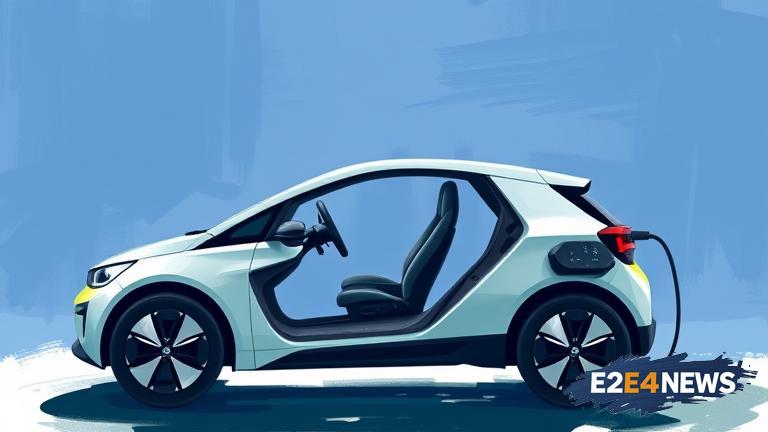The Indian government has announced a comprehensive plan to promote the adoption of electric vehicles (EVs) in the country. The new policy framework aims to increase the share of EVs in new vehicle sales to 30% by 2030. This ambitious target is expected to reduce the country’s dependence on fossil fuels and mitigate climate change. The government has identified several key areas to focus on, including the development of EV charging infrastructure, incentivizing the manufacture of EVs, and promoting research and development in the sector. To achieve this goal, the government plans to invest heavily in the creation of EV charging stations across the country. Additionally, manufacturers of EVs will be offered incentives such as tax breaks and subsidies to encourage production. The government also plans to promote the use of EVs in public transportation, with a focus on electrifying bus fleets and taxis. Furthermore, the government will provide subsidies to individuals and businesses that purchase EVs, making them more affordable and attractive to consumers. The plan also includes measures to promote the development of EV-related technologies, such as battery manufacturing and charging systems. The government has set aside a significant budget for the implementation of this plan, which is expected to create new job opportunities and stimulate economic growth. The adoption of EVs is also expected to have a positive impact on the environment, reducing greenhouse gas emissions and air pollution in urban areas. The government has also announced plans to establish a network of EV testing and certification centers, to ensure that EVs meet safety and quality standards. The plan has been welcomed by industry stakeholders, who see it as a major opportunity for growth and development. However, some experts have raised concerns about the feasibility of the target, citing the need for significant investment in infrastructure and technology. Despite these challenges, the government remains committed to achieving its goal, and has announced plans to review and revise the policy framework as needed. The adoption of EVs is expected to have a major impact on the automotive industry, with several major manufacturers already investing heavily in EV technology. The government has also announced plans to promote the use of EVs in rural areas, where they can help to reduce emissions and improve air quality. The plan has been hailed as a major step forward in India’s efforts to reduce its carbon footprint and transition to a more sustainable transportation system. The government has also announced plans to establish a national EV mission, which will oversee the implementation of the policy framework and provide coordination and support to stakeholders. The mission will be responsible for monitoring progress, identifying challenges, and providing recommendations for improvement. The government has also announced plans to establish a network of EV training and education centers, to provide skills and training to workers in the EV sector. The plan is expected to create new opportunities for employment and entrepreneurship, particularly in the areas of EV manufacturing, charging infrastructure, and maintenance. The government has also announced plans to promote the use of EVs in the transportation of goods, which is expected to reduce emissions and improve efficiency. The plan has been welcomed by environmental groups, who see it as a major step forward in reducing India’s carbon footprint and mitigating climate change.
